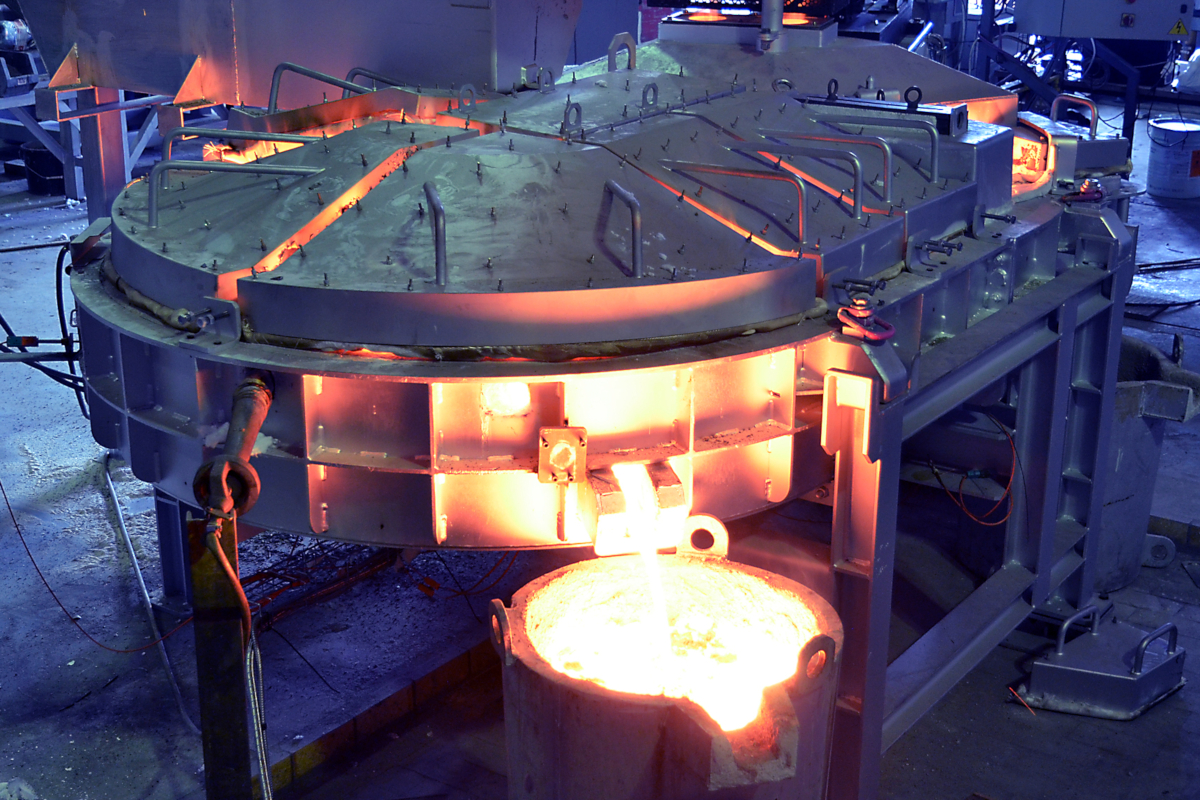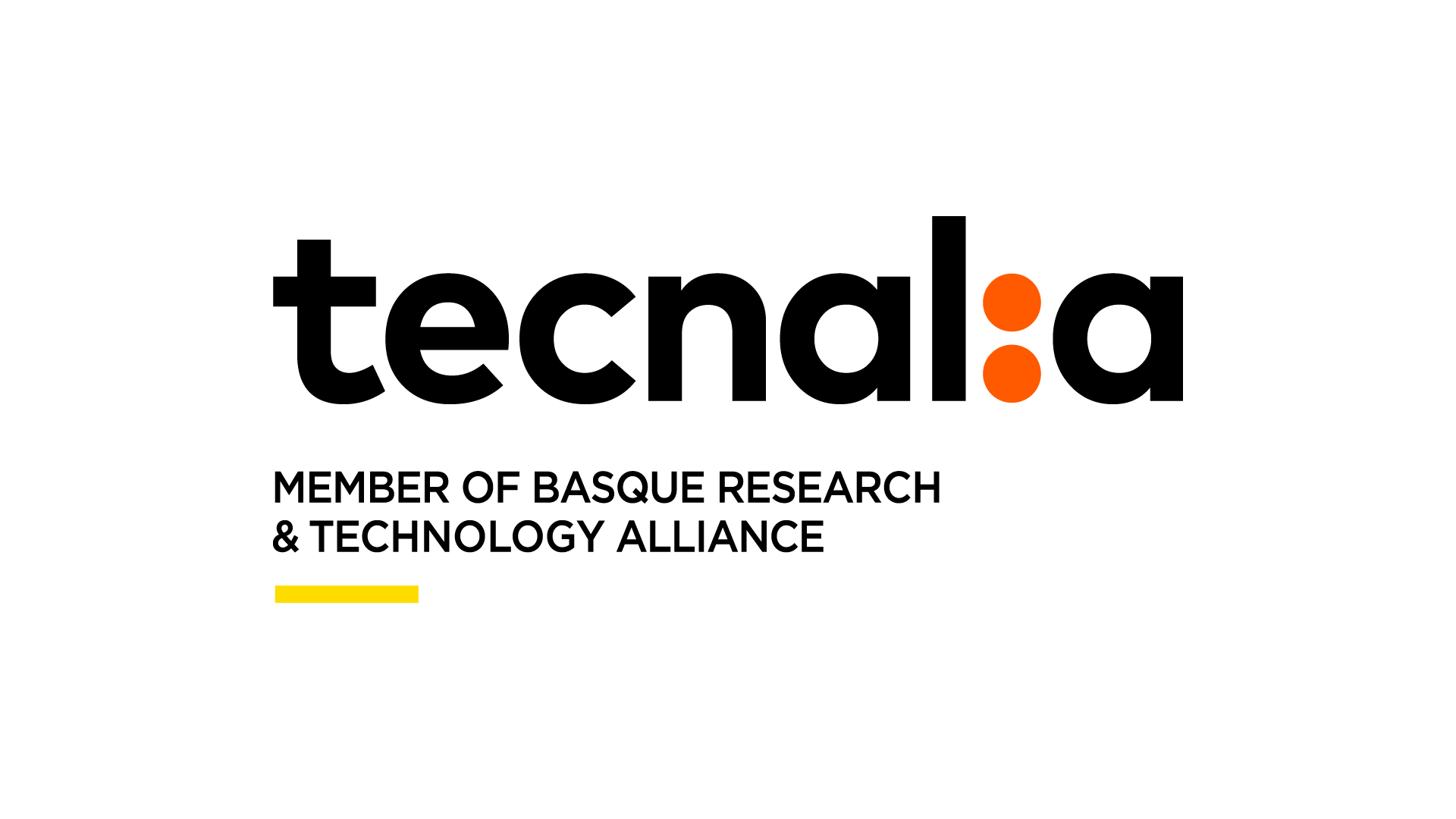NAME Baliabideak balorizatzeko planta pilotuak, lehengai kritikoak eta ekonomia zirkularra ordeztea

Balorizazio-prozesuak garatzeko instalazioak (laborategia eta planta pilotuak), teknologia hidrometalurgikoetan, pirometalurgikoetan, onono metalurgikoan eta horien konbinazioetan oinarrituta, hondakinen kudeaketaren-arazoei irtenbidea emateko. Jarduketa horien ardatza hondakinetan dauden balio handiko elementuak berreskuratzea da, eta lehengai konbentzionalen ordezko gisa erabil daitezke (balio ekonomiko edo metal kritiko handiko metalak, adibidez), edo zikinkeriak ezabatzeko tratamenduaren ondoren kutsatu gabeko hondakinak berrerabiltzean. Aktiboan, , industria metalurgikorako bereziki diseinatutako instalazioak daude, energia eraginkortasunarekin eta ekonomia zirkularraren kontzeptuentzat, besteak beste, hondakinetatik, mineraletatik edo metalak berreskuratzeko prozesu berriek, industria-hondakinetatik energia berreskuratzeko prozesuak.
FIELDS OF APPLICATION
Design and development of materials
Manufacturing processes
Materials and processes in Circular Economy
MOST OUTSTANDING EQUIPMENT AND COMPONENTS
-
Electrolysis pilot plant at molten state
Electrolysis pilot plant at molten state (20-400 Kg capacity), for the production of aluminium, magnesium and other metals from complex ores or wastes.
-
Hydrmetallurgical treatment plant
Hydrometallurgical treatment plant consisting of three glass reactors, two of 80L and one of 50L volume. Working temperature from room to 80ºC at atmospheric pressure with pH and redox control availability.
-
Metallurgical furnace for the recycling and valorisation of industrial waste
Metallurgical furnace for the recycling and valorisation of industrial waste (High Power Thermal Plasma torch heating system with a 200-250Kg/h capacity furnace). Versatile and modular to treat different type of waste (both metal and metal oxides) and quantities, so it will be adaptable and replicable to different industrial processes.
-
Pfaudler reactor:
Pfaudler reactor: 40L volume glass lined (enamelled) reactor able to work up to 6 bars pressure and 200°C temperature.
-
Plasma pilot plant
Plasma pilot plant including plasma reactor, postcombustion chamber, quentching and bag filter
SERVICES OFFERED BY THE ASSET
Characterization of Ionic Liquids and Deep Eutectic Solvents
• Physico-chemical characterization: Schlenk line, TGA, IR, Mass spectroscopy, DSC, UV-Vis, AAS, ICP-OES, TXRF, SEM/EDS, RAMAN, optical microscopy… • Performance for electrochemical applications: Potentiostats, RDE Semi-technical scale electrochemistry: Current rectifiers, anodes, stirred cubets, etc Automatic pilot-plant for surface treatments Metal and surface characterization: SEM/EDS, optical microscopy, RAMAN, etc.
Circular Economy: resource efficient new product and processes
• Recycling and valorization of industrial waste and raw materials flows. To provide second life to the waste, after treated they can be a new feedstock for original core process and valuable feed product for other process units. Valorisation of industrial waste and residues streams in a near to zero waste circular economy focus • Development of advanced efficient energy systems (hybrid and combined heating systems). • Design, prototyping and validation of new furnaces or process by employing and combining different technologies (plasma, induction, electrolysis, microwave, pyrolysis) for metal recovery from industrial waste. • New metallic alloys, substitution of critical raw materials and use of recovered materials. • Design and validation of new high-performance refractories
Design and synthesis of Ionic Liquids and Deep Eutectic Solvents
Synthesis reactions to obtain specific ionic liquids or deep eutectic solvents in reactors with a capacity of 10-20 L.
Development and improvement of processes for energy production from waste
Processes development / improvement concerning: • Combustion • Gasification • Pyrolysis • Electricity/compressed air production by means of ORC. For applications such as: • Energy recovery from the organic fraction of waste (plastic, organic sludge…) • Fuels from waste: syngas, liquid fuel, solid recovered fuel… • Industrial waste heat recovery
Development of processes for recovery of materials
Improved processes in hydrometallurgy, pyrometallurgy and ionometallurgy (based on ionic liquids) for the recovery of (for example): • Critical and strategic materials: neodymium, dysprosium, indium, gallium, cobalt, tantalum, etc. • Non-ferrous metals from different flow waste and scrap (electronic, foundry, etc) • Removal of organics (plastics, lacquered) from metals as Al, Cu, Mg, Ti (up to 1mm size). • Metals and materials from metallurgical processes: filter dust, sands, slags, sandblasting. • Complex waste: metals associated to plastics, paper…
Processes for treatment of waste for safe disposal
• Improved processes based on plasma technology for thermal treatment of waste • Waste stabilization processes • Verification of the environmental impact of the treated waste For applications such as: • Removal of organic compounds from waste and contaminated soils • Vitrification of waste: fly ashes, asbestos, low level radioactive waste
Processes for waste reuse
• Toxicity reduction/removal by thermal desorption, stabilization, low temperature destruction, etc. • Characterization of waste: Chemical analysis, leaching tests, toxicological properties. • Environmental risk analysis for the use of secondary raw materials
ENTITY MANAGING THE ASSET

Contact person:
Maider Garcia de cortazar
Maider.garciadecortazar@tecnalia.com